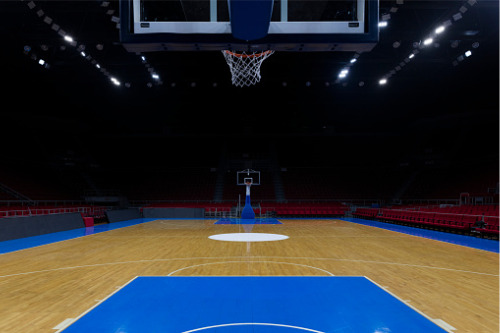

Sports fans have been feeling the full weight of the coronavirus pandemic on their favourite pastime as the outbreak has led to the cancellation and postponing of many sporting events, such as the Olympics, and major sporting leagues’ seasons. While it looks like the sporting world is taking baby steps to get back to normal operations – seen with the NBA recently giving the OK to teams to reopen practice facilities for limited use and the NFL doing the same – the fallout from the pandemic on the world of sports has already been significant.
“The impact has been substantial. There are no games being played and financially it will be very impactful for the leagues if they’re not able to restart the seasons,” said Tom Caldwell, SVP at insurance broker BWD Sports and Entertainment, an NFP company. “The NBA and NHL were almost done with their seasons, but playoffs are a big money-maker for them … Nobody can figure out the end result until we get some finality with this nightmare we call coronavirus, and they’re able to play games again and get fans back in their stadiums.”
Meanwhile, another group that’s also been devasted by the cancellations and postponing of games have been the vendors who supply products and services to sports venues and leagues, such as bars and restaurants, and other businesses located near stadiums relying on that traffic for revenue.
Business interruption coverage has received a lot of air time during the pandemic, and it’s likewise a topic of conversation within the sporting world. However, similarly to other industries, the question of whether it will apply is TBD, and is based on individual policy wordings.
“The fiscal damage requirement is going to be a fascinating and litigated issue on all policies, whether it’s sports-related or not. Property insurers will argue it was their intent to protect you from a fire or a windstorm or hail or a burst pipe,” said Caldwell. “You need that physical damage to trigger business interruption [and] there are certainly policies out there that have a virus exclusion for this very reason, so it’s even a tougher hill to climb if you had the virus exclusion.”
When it comes to sports, the physical damage argument is being made, added Caldwell, considering the shutdown of sporting facilities and any clean-up required to get them back up and running, as well as lost revenue from not playing games, though whether business interruption policies pay-out across the board is unclear. Moreover, whether a sporting event has been cancelled or postponed could also factor into the pay-out for a BI claim.
“When an insured’s facility is damaged and they’re incurring some sort of loss, whether physical damage to their property or business income loss, that loss will be adjusted,” explained Caldwell. “A property claims adjuster will come in and evaluate the damage. If [an event is] cancelled, the damage is much more complete. If you weren’t able to hold that event, you’re going to lose theoretically 100% of the revenue for that. If it’s postponed, then you’re still collecting revenue, though maybe not as much for various reasons, [such as] the venue that you were able to find is smaller or costs you more money.”
Again, however, the physical damage component is the first one that needs to be answered and then the fact of an event being cancelled or postponed could be used to determine the eventual loss to the insured and how much they could recoup from the property insurance carrier.
Another risk to sporting venues and teams in relation to COVID-19 is the potential for spectators who believe they’ve contracted the coronavirus at an event to be awarded recovery for damages, to which a general liability policy would respond if it doesn’t have a virus-type exclusion.
As a sports and entertainment focused broker, BWD and its experts continue to work with their clients to evaluate the evolving pandemic situation and advise insureds on coverage that they’ve placed for them. Caldwell says that BWD recommends insureds report claims to their insurance companies.
“Get your claim in and we will be your advocate to fight for compensation from that insurance company,” he said, adding that communication in general is important during this time as a lot of clients want to be educated as far as what coverage they have in place and how it responds to COVID-19. “Check in with your clients, offer to go through the policies with them and discuss where potential coverage lies or where potentially there could be a problem with coverage.”
